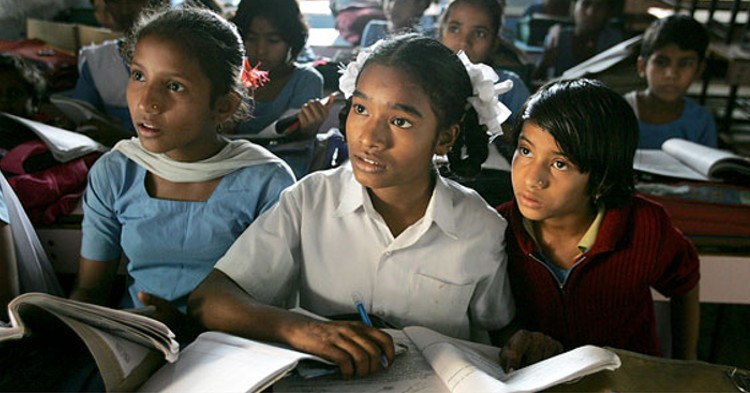Estados Unidos/Enero de 2017/Fuente: The Blade
RESUMEN: Un pequeño y remoto pueblo indígena en la base escénica de uno de los lugares más visitados de la tierra está en el centro de una demanda que busca reformar dramáticamente las condiciones de la Oficina de Escuelas de Educación de los Estados Unidos. La oficina no pudo proteger a los estudiantes en la Reservación India de Havasupai en el Gran Cañón ignorando quejas sobre una escuela con falta de personal, falta de educación especial y un plan de estudios deficiente, según una queja presentada hoy en el Tribunal de Distrito de los Estados Unidos en Phoenix. El presidente de Havasupai, Don E. Watahomigie, dijo que su aldea de Arizona sólo es accesible en helicóptero o una caminata de ocho millas en un caballo por el Gran Cañón. Pero los aproximadamente 70 niños que asisten a la Escuela Primaria Havasupai tienen derecho a la misma educación que otros estudiantes en todo el país, dijo.
A small, remote American Indian village in the scenic base of one of the most visited places on earth is at the center of a lawsuit that seeks to dramatically reform the conditions of U.S. Bureau of Indian Education schools.
The bureau failed to protect students on the Havasupai Indian Reservation in the Grand Canyon by ignoring complaints about an understaffed school, a lack of special education and a deficient curriculum, according to a complaint filed today in U.S. District Court in Phoenix.
Havasupai Chairman Don E. Watahomigie said his Arizona village is accessible only by helicopter or an eight-mile hike on a horse through the Grand Canyon. But the 70 or so children who attend Havasupai Elementary School are entitled to the same education as other students across the country, he said.
“The Havasupai Tribal Council has approached the Bureau of Indian Education many times about its failures,” Watahomigie said. “Each time we raise these issues we are given promises that are never delivered upon.”
The lawsuit, submitted on behalf of nine students, said the school often sent students with special needs home early or called police to deal with bad behavior related to their conditions. In addition, the school taught only math and reading and failed to expose children to subjects like science, social studies and physical education, the lawsuit said.
“These circumstances are not unique to the Havasupai,” Kathryn Eidmann, an attorney at Los Angeles-based firm Public Counsel. “This is a crisis across BIE schools that the federal government has acknowledged again and again.”
Eidmann said the lawsuit seeks a “declaration” to force all Bureau of Indian Education schools to follow the law on providing special need services and a thorough curriculum.
The U.S. Department of Interior did not immediately respond to an email from The Associated Press.
Most of the Bureau of Indian Education schools are located on rural reservations that have been under the control of the U.S. Bureau of Indian Affairs for decades.
The bureau oversees 183 schools in 23 states. The BIE also oversees the Haskell Indian Nations University in Kansas and Southwestern Indian Polytechnic Institute in New Mexico.
The lawsuit is the latest in a series of problems for Bureau of Indian Education schools. For example, the bureau faced scrutiny after a government watchdog report said in March that officials had failed to ensure regular inspections were carried out at dozens of schools, where safety hazards ranged from exposed electrical wires and broken windows to a natural gas leak.
At one school, Government Accountability Office investigators found four aging dormitory boilers failed an inspection and were blamed for high carbon monoxide levels and a natural gas leak but weren’t repaired until about eight months later.
Havasupai parents have complained that students are entering the eighth grade not having basic knowledge of subjects like geography and history.
Alexis DeLaCruz, an attorney for the Native American Disability Law Center, said half of the students who attend Havasupai Elementary are classified as students with special needs.
Fuente: http://www.toledoblade.com/Nation/2017/01/12/Lawsuit-faults-Bureau-of-Indian-Education-schools.html







 Users Today : 24
Users Today : 24 Total Users : 35460233
Total Users : 35460233 Views Today : 29
Views Today : 29 Total views : 3418924
Total views : 3418924